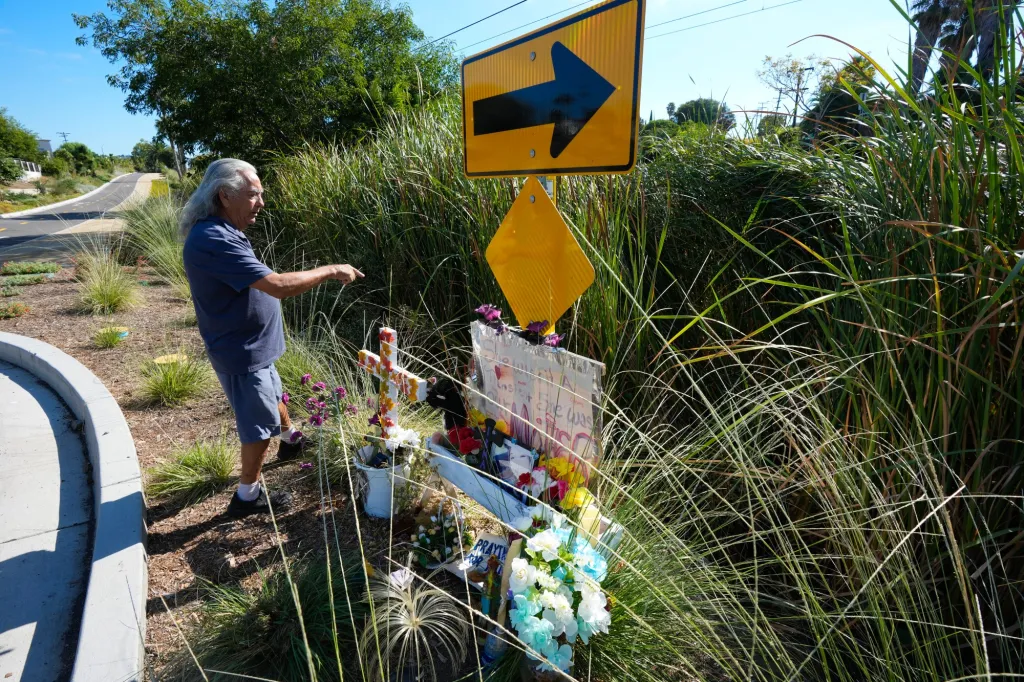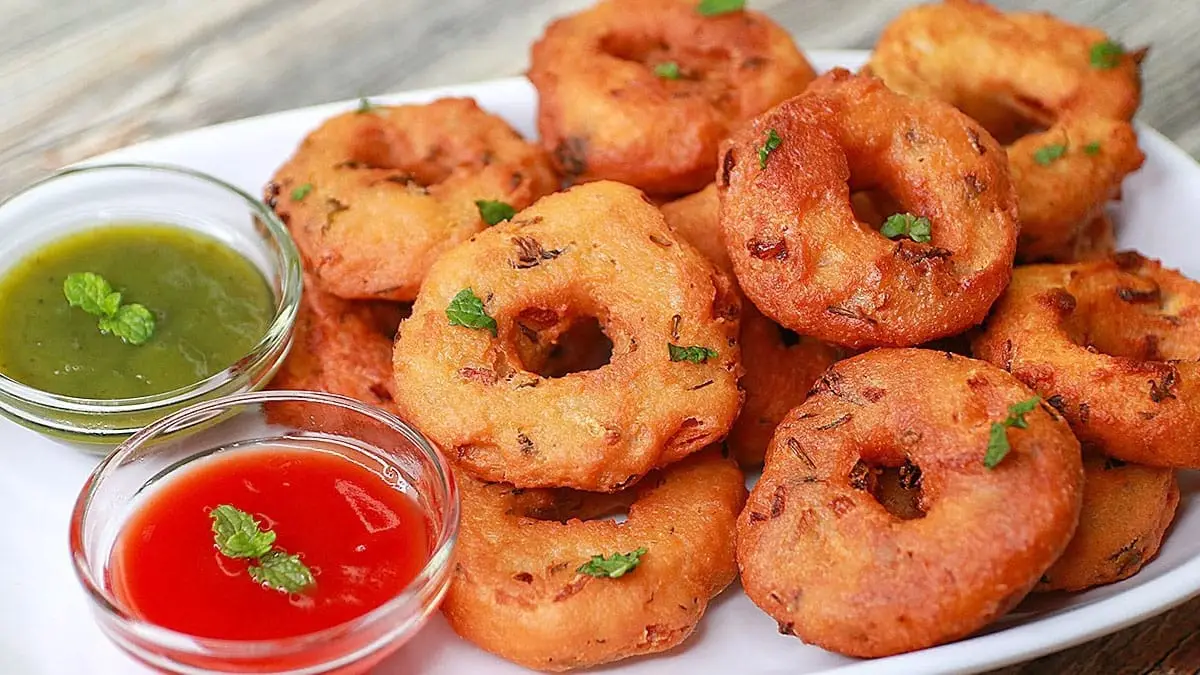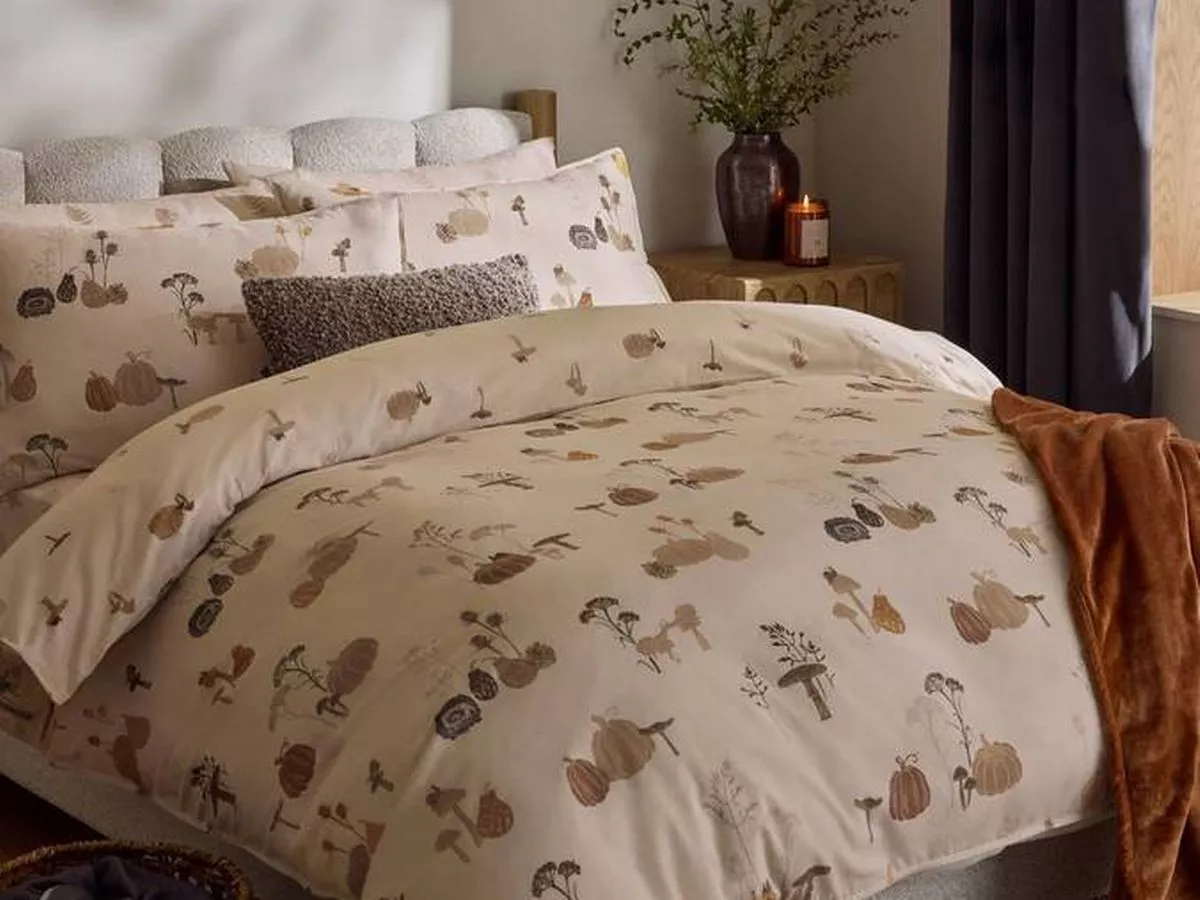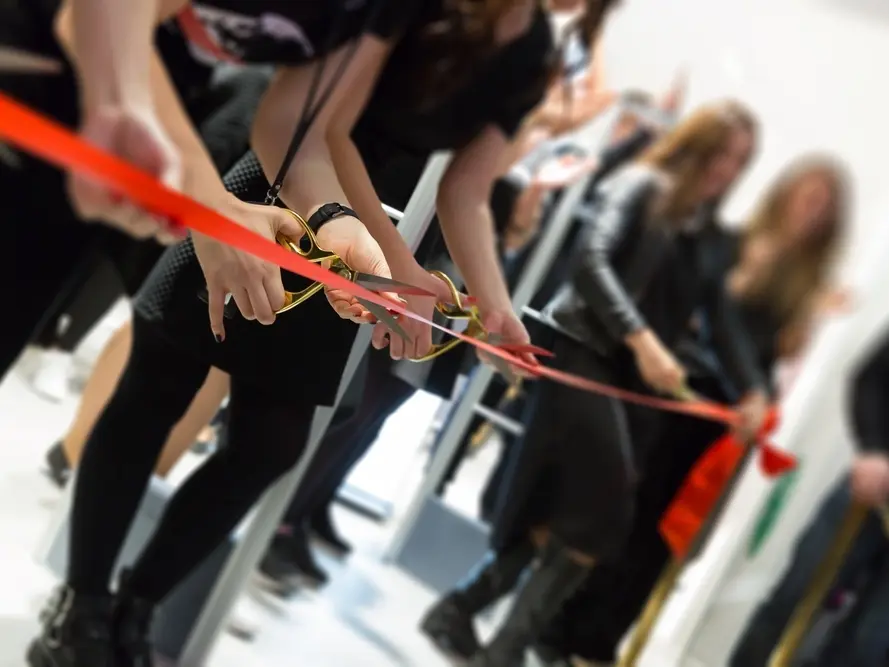By Rebecca Greaves
Copyright farmersweekly
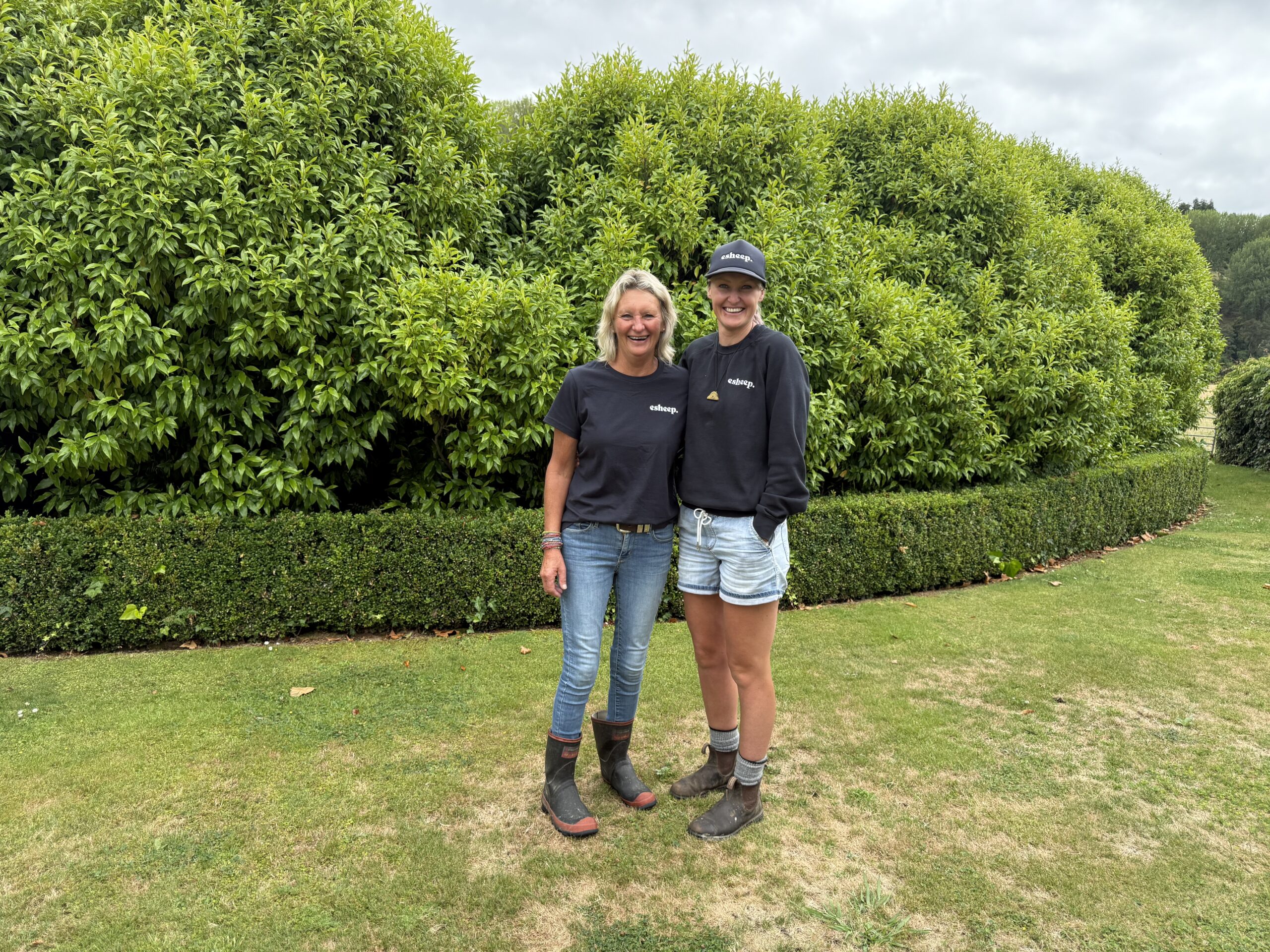
Reading Time: 4 minutes
Diversification and innovation are hallmarks of the inter-generational Kellick family farming business, from shedding sheep to the use of drones for mustering.
This forward-thinking family, who farm Tokorangi Farm near Whanganui, are striving for a sustainable business that offers opportunities for the next generation and provides work-life balance, with plenty of family time.
Kate Kellick is the fifth generation to farm Tokorangi, taking over the reins from her father Leslie when he suddenly passed away just over nine years ago. She is raising her three children, Elsie, 10, Acton, 8, and Heath, 5, on the farm.
With support from her mum Jill, Kate has looked for ways to enhance the environment, make the workload easier and diversify income streams on the 700 hectare hill country farm.
Kate and Jill were 2025 finalists in the Ballance Farm Environment Awards for the Horizons region, and took home the Innovation Award.
The farm has a good balance of flat and some land is contracted out for maize for grain, which mostly goes into poultry feed. They have a lot of mānuka, which is used for both honey and carbon income. The country is erosion prone and to combat this they have allowed large swathes of mānuka to regenerate naturally.
They run 160 breeding cattle, Angus and Red Devon. The Angus are the original bloodlines from a stud started by Kate’s grandfather in the late 1960s. As well, they operate a shedding sheep stud, eSheep, running 1400 Wiltshire and Exlana cross breeding ewes, with semen imported from the United Kingdom.
“We started the stud because friends and locals were inquiring and it naturally evolved from that. We haven’t shorn for seven years. My kids don’t even know what shearing or docking is, which is weird for a farming family.”
Leslie, who was a shearer himself and suffered from a bad back, had started dabbling in shedding sheep due to the poor wool market and workload. Kate has also had a bad back from a young age and, when her dad passed away, she decided to go all in on shedding sheep.
“Elsie was only six months old when my husband passed away. It was a real juggling act for Kate stepping up and running the farm. I’m very proud,” Jill says.
For Kate, the connection she feels with the land is something special, and hard to articulate.
“There’s so much hard work that’s gone into it, and preserving it. You feel like you want to carry it on for future generations. It’s a huge opportunity, as well as being scary. We all know farming is very fickle, that’s where the mindset of diversification has come in.
“It seems clearly obvious to me that the more you diversify, the more opportunity it gives the next generation.”
They entered the Ballance Farm Environment Awards at the suggestion of friends, hoping to validate what they were already doing, and to learn more about what was possible from a sustainability perspective.
The mānuka regeneration has been successful and they also have a poplar and willow planting programme. They have plans to fence off and retire native pockets in gnarly areas of the farm.
The Kellicks are constantly looking for ways to lighten their footprint on the land, carrying smaller, lighter animals on the erodible hills. They try to farm as organically as possible, minimising the use of chemicals and fertiliser.
Kate says the drone is an underrated tool when it comes to enhancing environmental outcomes. They use it for mustering, checking stock and checking water. As well as saving time, it reduces vehicle and fuel use. “Everything comes under an environmental lens.”
With the eSheep they have also significantly reduced inputs. There’s no drenching or dipping here, and little mustering. Kate says the breed has reduced their workload by 61% and had a positive impact on the environment.
“We basically do nothing with them apart from let them breed and bringing them in to wean them.”
It’s clear that it’s a team effort at Tokorangi, and Kate and Jill have a close working relationship.
“I’m less and less involved, I’m at retirement age now,” Jill says.
“I’m just a spare hand and help out, do the accounts. Kate and I discuss things all the time. I suppose you could call me a part-time general hand.”
For her part, Kate says Jill is a huge motivator and supporter.
“She’s the head honcho. I wouldn’t have been able to do any of the things I’ve done without her.”
Both say that success looks like happiness, being able to pay the bills, and carving out time for family.
“We want to live on the farm and have that lifestyle. I feel like we are heading in the right direction,” Kate sums up.
